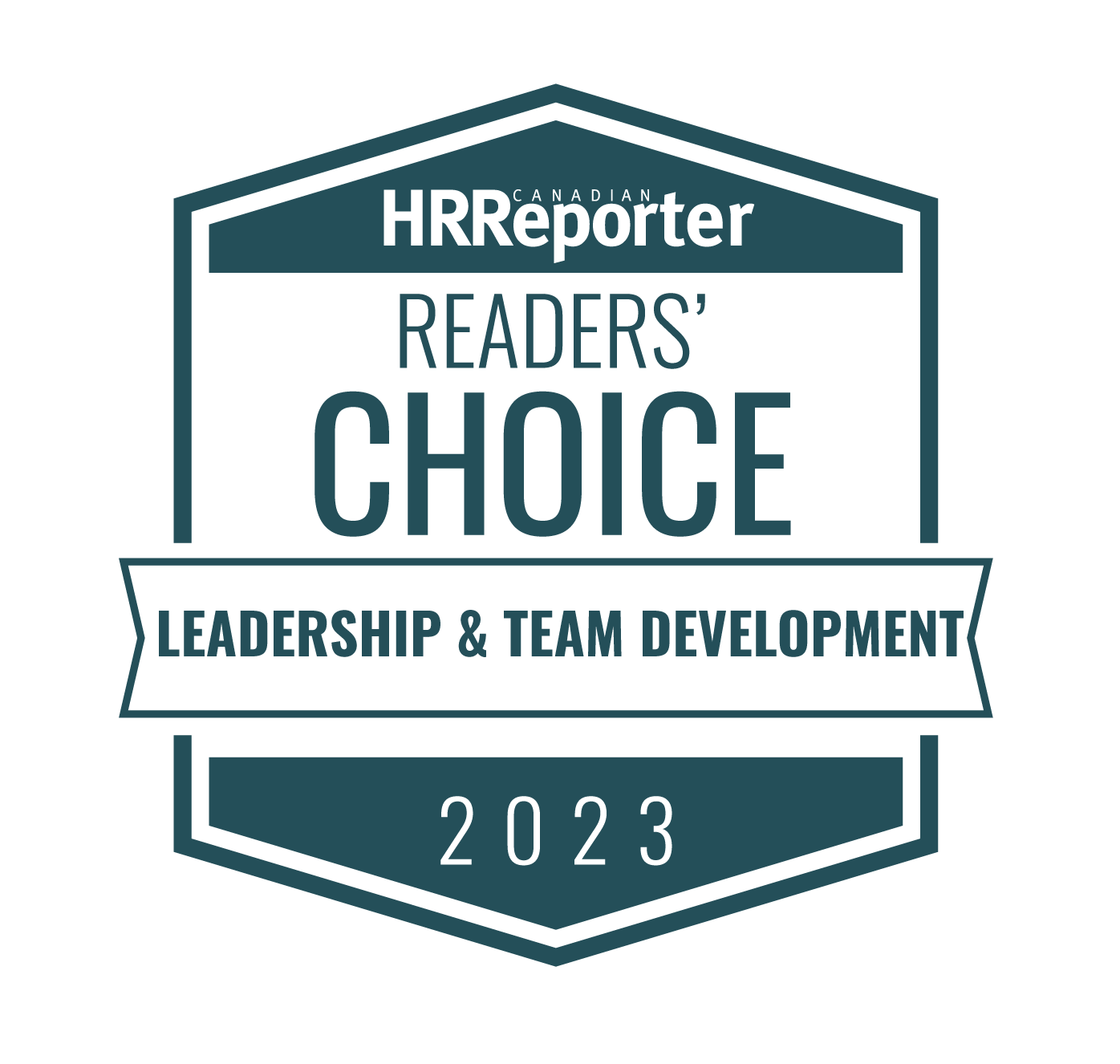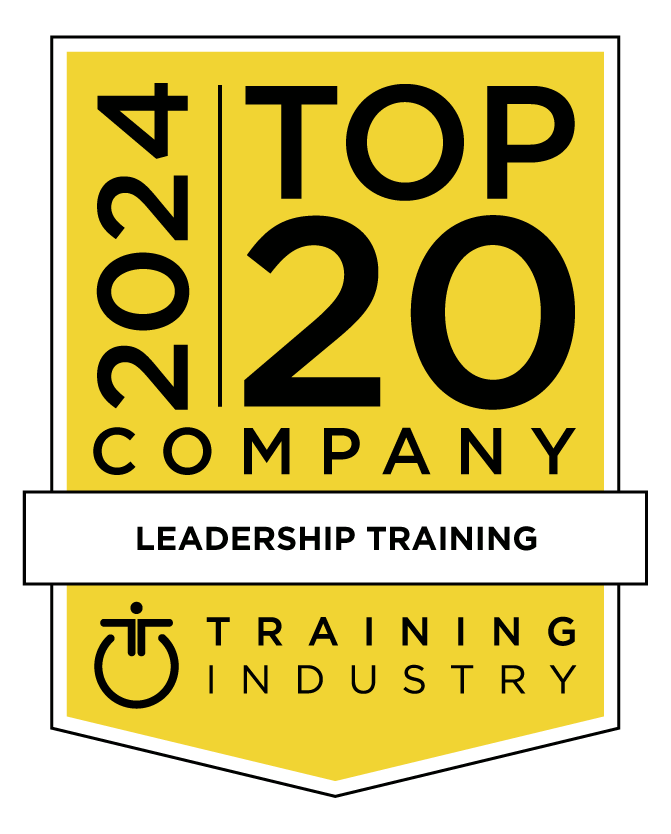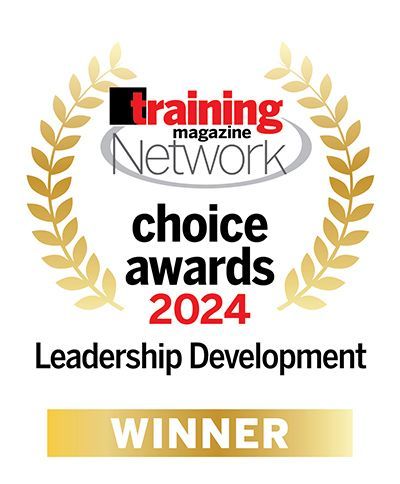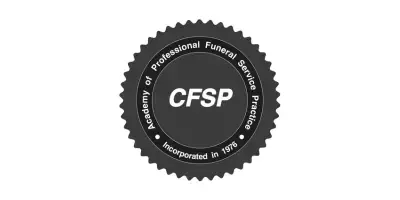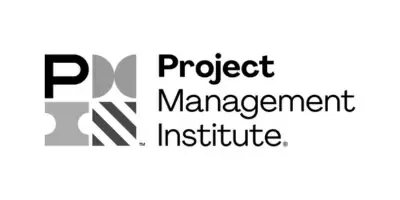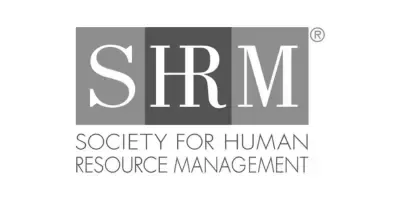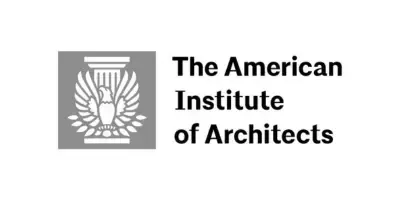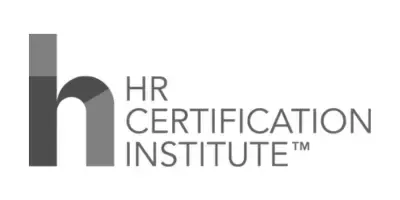The Art of Conflict Resolution for Leaders in Canada
In the dynamic and diverse landscape of Canadian workplaces, conflict is inevitable. Effective conflict resolution is a crucial skill for leaders aiming to foster a harmonious, productive, and inclusive work environment. This guide delves into the art of conflict resolution, offering Canadian leaders strategies and insights to manage and resolve conflicts effectively.
The Art of Conflict Resolution for Leaders
Mastering conflict resolution is essential for leaders to navigate disputes with empathy and efficiency, transforming potential disruptions into opportunities for growth and collaboration.
Understanding Conflict Dynamics
The Nature of Conflict in the Workplace
Conflict often arises from perceived incompatibilities in interests, goals, or values. Understanding its nature helps leaders address it proactively.
Common Causes of Workplace Conflict
- Communication Breakdown: Misunderstandings and lack of clarity can lead to disagreements.
- Differing Values and Beliefs: Diverse perspectives can result in conflicts over priorities and decisions.
- Resource Competition: Limited resources often lead to competition and conflict.
- Personal Differences: Personality clashes and differing work styles can create tension.
The Importance of Conflict Resolution
Fostering a Positive Work Environment
Effective conflict resolution promotes a positive and collaborative work environment, reducing stress and enhancing team morale.
Enhancing Productivity
Resolving conflicts promptly and effectively prevents disruptions, allowing teams to focus on their tasks and achieve higher productivity.
Building Stronger Relationships
Addressing conflicts constructively strengthens relationships, builds trust, and promotes a culture of open communication and mutual respect.
Key Strategies for Effective Conflict Resolution
Active Listening
- Empathy and Understanding: Listen actively to understand the perspectives and emotions of all parties involved.
- Clarifying Questions: Ask questions to ensure accurate understanding and address any ambiguities.
Effective Communication
- Open Dialogue: Encourage open and honest communication, allowing all parties to express their views.
- Non-Verbal Cues: Pay attention to body language and non-verbal cues to gauge emotions and intentions.
Collaborative Problem-Solving
- Identify Common Goals: Focus on shared objectives to find mutually beneficial solutions.
- Brainstorm Solutions: Encourage creative thinking and collaboration to generate multiple resolution options.
Developing Conflict Resolution Skills
Leadership Training and Development
Invest in leadership training programs that enhance leaders' conflict resolution skills, such as workshops and role-playing exercises.
Self-Reflection and Growth
Encourage leaders to reflect on their conflict resolution experiences, identify areas for improvement, and commit to ongoing personal growth.
Implementing Conflict Resolution Practices
Establish Clear Policies
Develop and communicate clear conflict resolution policies and procedures, ensuring that all team members understand the process.
Create a Supportive Culture
Foster a culture that supports open communication, collaboration, and mutual respect, encouraging team members to address conflicts constructively.
Canadian Workplace Conflict Statistics
In Canadian workplaces, 85% of employees experience some kind of conflict, and over 50% report that these conflicts cause stress, anxiety, or depression. Workplace conflicts can lead to significant costs, including productivity losses and recruitment expenses. Effective conflict resolution can mitigate these impacts and promote a healthier work environment (Pollack Peacebuilding, 2024; Niagara Institute, 2023).
Government Initiatives and Policies Supporting Conflict Resolution
Canada has made significant strides in promoting workplace harmony through various policies and initiatives. Programs like the Gender Results Framework aim to eliminate harassment and violence in the workplace, reflecting the country's commitment to creating safe and inclusive work environments (Statistics Canada, 2024).
Challenges and Barriers in Conflict Resolution
Despite progress, Canadian workplaces still face challenges such as high initial costs of training, lack of awareness, and infrastructure limitations. Addressing these barriers requires a concerted effort from all stakeholders, including government, employers, and employees (Canadian Labour Congress, 2024).
Success Stories in Conflict Resolution
Several Canadian organizations have successfully implemented conflict resolution strategies. For instance, hospitals in Ontario and BC have adopted team-based conflict resolution approaches, resulting in improved workplace harmony and cooperation (CMAJ, 2023).
FAQs: The Art of Conflict Resolution for Leaders
Why is conflict resolution important for leaders?
It is essential for maintaining a positive work environment, enhancing productivity, and building strong relationships.
What are common causes of workplace conflict?
Communication breakdowns, differing values, resource competition, and personal differences.
How can leaders improve their conflict resolution skills?
Through training, self-reflection, and ongoing personal growth.
What role does communication play in conflict resolution?
Effective communication, including active listening and open dialogue, is crucial for resolving conflicts.
How can organizations support conflict resolution?
By establishing clear policies and fostering a supportive culture.
What are the benefits of resolving conflicts effectively?
A positive work environment, enhanced productivity, stronger relationships, and reduced stress.
Conclusion
Mastering the art of conflict resolution is vital for Canadian leaders who aspire to create harmonious and productive workplaces. By understanding conflict dynamics, employing effective resolution strategies, and fostering a supportive culture, leaders can turn conflicts into opportunities for growth and collaboration. Embrace the art of conflict resolution and lead with confidence and empathy.
References:
- Pollack Peacebuilding (2024). Workplace Conflict Statistics - https://pollackpeacebuilding.com/workplace-conflict-statistics/
- Niagara Institute (2023). Workplace Conflict Statistics: How We Approach Conflict at Work - https://www.niagarainstitute.com/blog/workplace-conflict-statistics
- Statistics Canada (2024). Gender Results Framework - https://www150.statcan.gc.ca/n1/daily-quotidien/240212/dq240212a-eng.htm
- Canadian Labour Congress (2024). National survey reports widespread harassment and violence in workplaces - https://canadianlabour.ca/national-survey-reports-widespread-harassment-and-violence-in-workplaces/
- CMAJ (2023). Hospitals turning to team-based conflict resolution - https://www.cmaj.ca/content/183/13/E977
Interested in a free Leadership Skills Workshop with your team?
- Address instantly fixable issues that impact customer perceptions and employee morale.
- Learn and practice a habit that will raise employee performance.
- Set actions with specific and measurable steps that they'll gladly be accountable to achieve.



